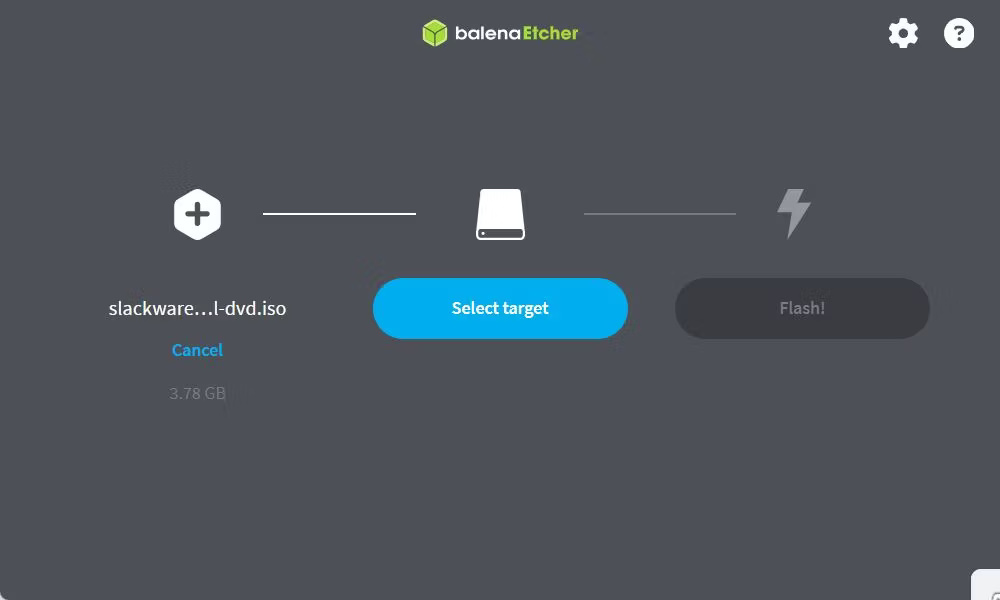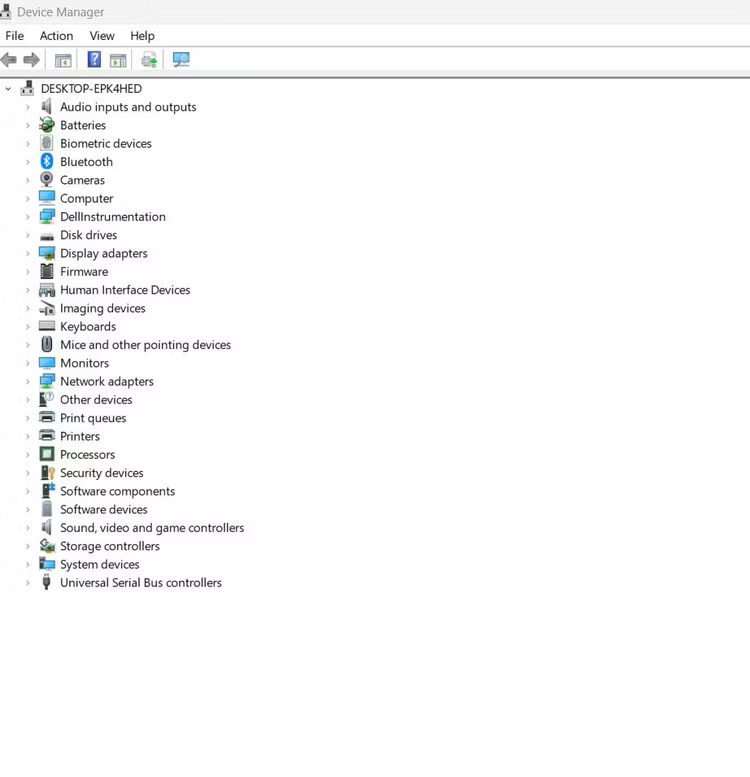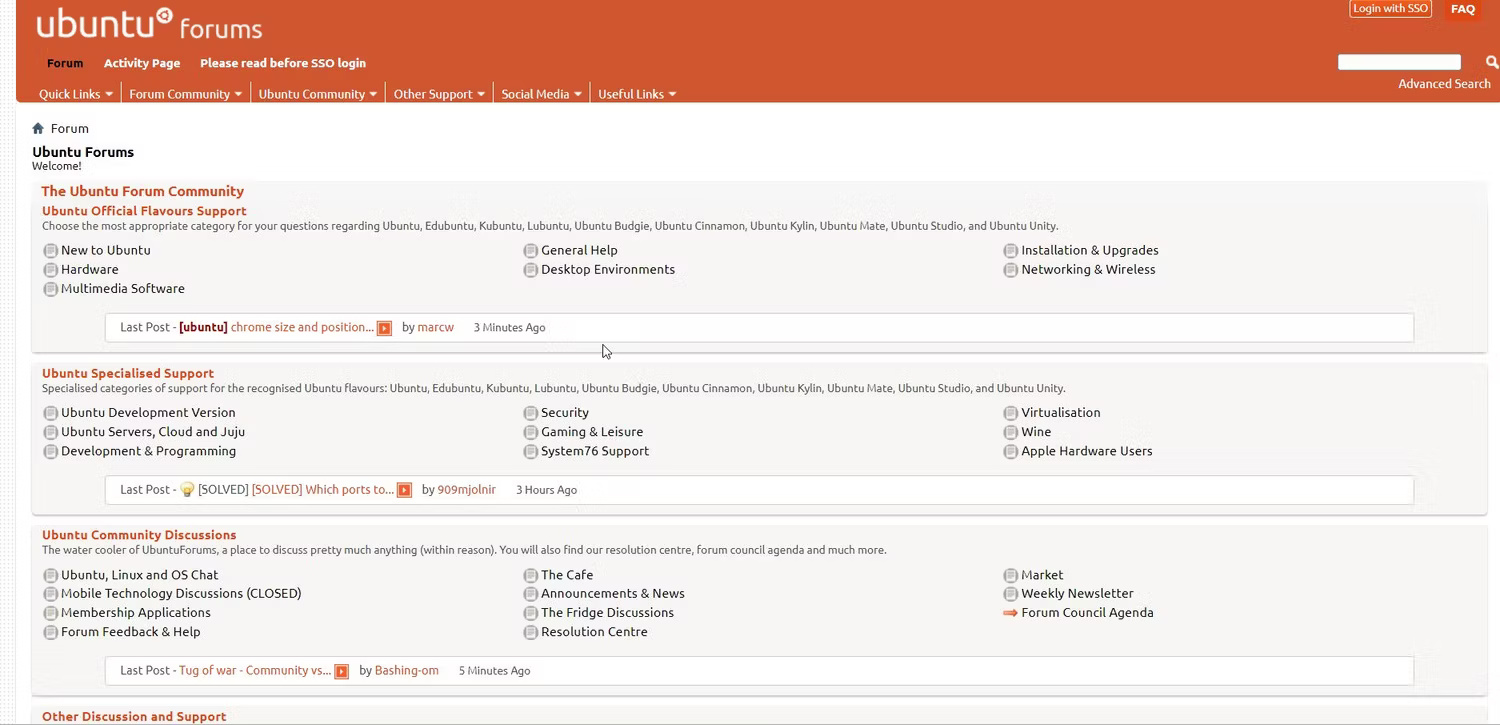Do I need to be a computer expert to use Linux?
While Linux is the platform of choice for professionals and tinkerers, you don't have to be a computer geek, hacker, or even an expert to use the source computing platform. Open this top.
Misconceptions about Linux
1. Must be a computer expert to use Linux
This may have something to do with the fact that so many computer professionals rely on Linux. It is the choice of IT administrators, programmers and scientific researchers. Linux's success in the technical realm can make it seem unappealing to the average user. But Linux is always around, but you might not know that you're using it.
If you have an Android phone or tablet, you're using Linux. If you have a Chromebook, you're also using Linux. Although these versions are different from traditional Linux distributions, there are many ways to use Linux as a regular end user.
2. Linux does not run Windows programs

A major barrier to Linux adoption is that many people, for better or worse, rely on programs that only run on Windows and do not have native Linux versions. However, if you are one of those people, there are still ways to solve the problem.
Wine has been around for a long time and is the most loved way to run Windows programs on Linux. Valve, behind "Half-Life" and Steam, has made its own modifications to Wine in the form of Proton to help Windows games run on Linux, especially the Steam Deck handheld console.
If Wine doesn't work, you can install a virtual machine with VirtualBox and run your Windows program in it.
You can also do the classic Windows and Linux dual boot technique. It might sound daunting if you've never done it before, but most Linux distributions can set it up for you automatically upon installation.
3. Must be a math expert to use Linux
Similar to the first misconception, a lot of people think that you have to be a math whiz to use Linux. Again, this is probably due to the large number of scientists, engineers, and developers who use Linux in their daily work.
4. Must build everything from scratch
This misconception has some truth. In the early days of Linux, you essentially had to build the operating system from scratch, compiling and assembling the various components to form a complete system. Initially, developers created Linux kernel "distributions" and supporting programs.
While some are still aimed at professionals, mainstream distributions like Ubuntu have modern graphical interfaces and wizards to make the setup process similar to Windows or macOS.
Important things to know
With all of the above said, there are a few things you will have to know to be able to run Linux.
1. How to extract ISO

The Linux distro boot image is distributed as an ISO file containing the exact layout of the bits. Previously, they were designed to be copied to optical discs, but nowadays it is more common to rip them to USB memory sticks. Balena Etcher and other tools make this easy.
2. What kind of hardware do you have

Modern Linux distributions are quite good at detecting most types of hardware, but sometimes you may still encounter problems with drivers. You can use tools like Device Manager in Windows to inventory your hardware before installing Linux.
3. How to boot from another device
A common challenge that newcomers encounter is how to boot a PC running the newly created boot media. Most PCs are configured to boot from a hard drive or SSD. This usually requires just a quick change in the UEFI/BIOS menu.
4. How to ask for help

Like most other open source projects, Linux is a collaborative project. If you have a problem, someone out there will usually have the same problem and post the solution to a blog, forum, or even chat channel. Many Linux users are ready to help you solve problems with your system online or in person.
 4 classic Linux tools that have better modern alternatives
4 classic Linux tools that have better modern alternatives How to take screenshots on Linux
How to take screenshots on Linux How to install and use Google Chrome on Ubuntu
How to install and use Google Chrome on Ubuntu Instructions for speeding up Fedora Linux application installers
Instructions for speeding up Fedora Linux application installers How to fix 'No Space Left on Device' error on Linux
How to fix 'No Space Left on Device' error on Linux Install and use 7 ZIP on Ubuntu Linux
Install and use 7 ZIP on Ubuntu Linux